1070799
License Number
Call Us
La Puente, CA 91746
Visit Us Here
24 Hour Service
7 Days a Week
Effortless Homemade Drain Cleaner: DIY Guide for Clear Drains
Clogged drains are a nuisance we all encounter, resulting from accumulated hair, soap scum, and food debris. They can disrupt daily routines and lead to costly repairs if not addressed promptly. Keeping drains clear not only prevents inconvenience but also protects the integrity of your plumbing. Opting for homemade drain cleaners offers a safe, eco-friendly, and cost-effective alternative to harsh, chemical-laden options in stores, providing an effective solution that keeps your home and environment healthier.
When to Use a Homemade Drain Cleaner
Knowing when to whip up a homemade drain cleaner can save the day, keeping water flowing smoothly without the need for harsh chemicals.
Identifying Signs of a Clogged Drain
Let’s talk telltale signs—recognizing a clogged drain early is key to preventing a full-blown blockage.
- Slow Drainage: Water backs up, draining sluggishly from sinks or tubs.
- Gurgling Sounds: Unusual noises emanate from the drain, signaling trapped air.
- Unpleasant Odors: Persistent, foul smells suggest accumulated food or waste.
- Water Pooling: Water gathers around shower drains, failing to drain quickly.
Situations Where a Homemade Drain Cleaner is Appropriate
Homemade drain cleaners can be remarkably effective for minor blockages and regular maintenance.
- Routine Cleaning: Use as part of a regular cleaning schedule to maintain clear drains.
- Slow Drains: Address early signs of clogs before they worsen.
- After Heavier Usage: Ideal following gatherings or excessive use to preempt clogging.
- Safer Alternative: When seeking a nontoxic cleaning option, especially around children and pets.
When to Call a Professional Plumber
Sometimes, a DIY fix won’t cut it—knowing when to call in the pros is crucial.
- Repeated Clogging: Drains that frequently clog may indicate deeper issues.
- Multiple Blocked Drains: Simultaneous clogging in several drains could point to severe blockages.
- Overflowing: Water or sewage backup in your home is a sure sign for professional help.
- No Improvement: When homemade remedies fail after several attempts, it’s time to call a plumber.
The Benefits of Homemade Drain Cleaners
Switching to homemade drain cleaners offers more perks than just unclogging pipes; it’s a wallet-friendly, green, and health-conscious move every homeowner can appreciate.
1. Cost-Effectiveness:
- Significantly cheaper than commercial products.
- Made with inexpensive and readily available ingredients.
- No need for frequent, costly purchases.
2. Environmental Advantages:
- Biodegradable ingredients reduce pollution.
- Minimizes chemical runoff into water systems.
- Safe for septic systems and local ecosystems.
3. Health Benefits:
- Eliminates exposure to toxic chemicals found in conventional cleaners.
- Reduces the risk of respiratory irritation and chemical burns.
- Enhances indoor air quality.
Ingredients for Homemade Drain Cleaners
Homemade drain cleaners typically use ingredients found in your kitchen pantry, simplifying the process of clearing up clogs without a trip to the store. Common components include baking soda, vinegar, lemon juice, and salt. Each of these natural ingredients is chosen for its effectiveness in breaking down blockages and refreshing your drains.
Why These Ingredients Work
- Baking Soda and Vinegar: When combined, vinegar (an acid) and baking soda (a base) undergo a chemical reaction, producing carbon dioxide gas. This effervescence can help dislodge your drains’ blockages by breaking down the grime and debris.
- Lemon Juice: Like vinegar, lemon juice is acidic and can cut through the grease and grime accumulating in pipes. Its citric acid content effectively breaks down tough clogs.
- Salt: Salt acts as a scouring agent. When used with boiling water, it can help to dissolve and dislodge blockages, particularly grease-based clogs, making it easier to flush them away.
Potential Enhancements with Essential Oils
Adding a few drops of essential oils to your homemade drain cleaner mixture can provide numerous benefits:
- Aroma: Essential oils can neutralize bad odors, leaving your drains smelling fresh. Citrus oils like lemon, orange, or grape left are particularly effective for this purpose.
- Antibacterial Properties: Many essential oils have natural antibacterial, antifungal, and antiviral properties. Eucalyptus, tea tree, and lavender oils can disinfect and sanitize your pipes while addressing the source of clogs, which are often organic matter.
Recipes for Homemade Drain Cleaners
Discover the power of simple kitchen cupboard ingredients with our guide to homemade drain cleaners. Ranging from mild to mighty, these eco-friendly recipes offer a safe, cost-effective alternative to harsh chemicals. Perfect for maintaining clear, fresh-smelling drains in an environmentally conscious way.
Recipe 1: Baking Soda and Vinegar Drain Cleaner
It is a simple, cost-effective solution leveraging natural products to effectively clear clogs and refresh your drainage system, ensuring your pipes remain free from harsh chemicals while maintaining optimal functionality.
Ingredients:
- 1/2 cup of baking soda
- 1 cup of white vinegar
- Boiling water (approximately 4 cups)
Instructions:
- Prepare the Drain: Remove any visible debris from the drain opening.
- Baking Soda: Carefully pour the 1/2 cup of baking soda directly into the drain.
- Add Vinegar: Slowly pour the 1 cup of white vinegar on top of the baking soda. The combination will immediately start to fizz and bubble, a natural reaction that helps to break down grime and debris.
- Wait: Allow the mixture to sit in the drain for at least an hour, though leaving it overnight provides the best results for tough clogs.
- Flush with Boiling Water: Boil approximately 4 cups of water and carefully pour it down the drain. This helps to flush away the loosened debris and baking soda-vinegar mixture.
Recipe 2: Salt, Borax, and Vinegar Drain Cleaner
This potent mixture harnesses the abrasive and deodorizing power of salt, the cleaning prowess of borax, and the acidity of vinegar to tackle tough clogs and odors. It’s particularly effective on grease and soap scum blockages.
Ingredients Proportion:
- 1/2 cup of table salt
- 1/2 cup of borax powder
- 1 cup of white vinegar
Step-by-Step Instructions:
- Mix Ingredients: In a bowl, combine the salt and borax thoroughly.
- Apply to Drain: Carefully pour the mixture directly into the clogged drain.
- Add Vinegar: Slowly pour the cup of white vinegar down the drain. You’ll notice fizzing; this reaction helps to break down the clog.
- Wait: Let the mixture sit and work its magic for at least an hour, though leaving it overnight yields the best results.
- Flush with Boiling Water: Carefully pour boiling water down the drain to flush out the loosened debris and clean mixture.
Recipe 3: Lemon Juice Drain Cleaner
Leverage the natural acidity of lemon juice for a refreshing, eco-friendly approach to clearing your drains. Not only does it combat clogs, but it also leaves behind a pleasant citrus scent.
Ingredients Proportion:
- 1 cup of baking soda
- 1/2 cup of lemon juice (fresh or bottled)
- Boiling water
- Optional Additions:
- Salt as an abrasive can be added to the mix for tougher clogs (1/2 cup recommended)
Step-by-Step Instructions:
- Remove Standing Water: If water is standing in the sink or tub, clear it out to ensure the mixture reaches the clog directly.
- Apply Baking Soda: Carefully pour the baking soda directly into the drain.
- Pour Lemon Juice: Follow the baking soda with the lemon juice. The combination will cause a fizzing reaction that helps to break down grime and buildup.
- Let Sit: Allow the mixture to sit for at least an hour, though overnight is optimal for tougher clogs.
- Flush with Boiling Water: Finish by flushing the drain with boiling water to clear out the loosened debris.
Advantages of Lemon Juice:
- Natural Scent: Leaves a fresh, citrus scent that counteracts bad odors.
- Eco-Friendly: A green alternative to chemical cleaners, safe for the environment.
- Gentle on Pipes: Unlike harsh chemicals, lemon juice doesn’t risk damaging plumbing over time.
Advanced Homemade Solutions: Enzyme Drain Cleaners
Enzymes are proteins that act as catalysts to accelerate natural decomposition processes. When introduced into a clogged drain, they begin breaking down organic matter, allowing bacteria to eat away at the clog without damaging the plumbing.
Making Your Own Enzyme Drain Cleaner:
While commercial enzymatic cleaners are readily available, creating one at home requires fermentation and patience, as the enzymes take some time to develop.
Ingredients:
- 2 cups of lemon or orange peels (or a mix of both)
- 1/2 cup of brown sugar
- 1 teaspoon of yeast
- 4 cups of warm water
- A large container with a lid (to allow gasses to escape)
Guide to Making an Enzyme Drain Cleaner:
- Combine Ingredients: Mix the citrus peels with brown sugar and yeast in the container.
- Add Water: Pour in the warm water and stir the mixture until the sugar dissolves.
- Loosely Cap: Place the lid loosely on the container or cover it with a cloth to let gases escape while preventing insects or debris from getting in.
- Let It Ferment:
For liquid: Let the mixture sit for at least three weeks at room temperature.
After three weeks: Strain the liquid from the mixture. This liquid contains enzymes. - Store Properly: Store or refrigerate your enzyme cleaner in a cool, dark place.
Troubleshooting and Addressing Challenges
When your homemade drain cleaner fizzles out without solving the problem, it’s time to assess the situation for more complex issues.
Identifying Serious Plumbing Issues:
Look for persistent slow draining across multiple fixtures, a sign of deeper blockages, or problems with the main sewer line.
- Notice any unusual reactions, such as bubbling or gurgling sounds, which can indicate venting issues or worsening clogs.
- Pay attention to foul odors that persist even after cleaning, as this might suggest a sewer backup.
- Check for water backing up in strange places when you use plumbing elsewhere (toilets, showers, etc.), as this might signal a major blockage.
Escalating to Mechanical Methods
When the gentler approach doesn’t cut it, escalating to mechanical methods is the next step for tackling stubborn drain issues.
When to Use Mechanical Methods:
- If the clog remains after two attempts with a homemade cleaner, consider using a plunger or drain snake.
- Start with the plunger—ensure a good seal around the drain for the best suction, and be persistent by applying several firm plunges.
- For deeper or harder clogs, carefully use a plumber’s snake. Insert it into the drain until you feel resistance, then turn it to break up the blockage.
Seeking Professional Help
Determining the right time to call in a plumbing professional can save you from a plumbing catastrophe—knowing when to make that call is key.
When to Call a Plumber:
- If water backs up into the house, don’t delay—it can quickly escalate into a health hazard and property damage.
- A recurring or unshifting clog after using both chemical and mechanical methods is often a signal for professional assessment.
- If you suspect the problem is with the main sewer line, such as multiple drains clogging at once, it’s time for a professional.
- Whenever you’re uncomfortable or unsure about using mechanical methods, a professional can ensure the job is done safely and correctly.
The Path to Clear Drains
Keeping your drains clear is not only crucial for day-to-day household operations but also for the long-term health of your plumbing system. Embracing the effectiveness of homemade drain cleaners can offer a safe, environmentally friendly, and cost-effective first step in maintaining free-flowing drains, a testament to the adage, ‘An ounce of prevention is worth a pound of cure.’
A stitch in time saves nine, which certainly applies to drain maintenance. Engaging in regular routines to keep your drains clear can prevent bigger plumbing troubles down the line. When you encounter a problem beyond your toolkit, it’s essential to call on professionals you can trust. Showtime Plumbing LLC is renowned for its experienced teams, which are adept at handling even the most stubborn plumbing issues. For services that combine expertise with assurance, contact Showtime Plumbing at (562) 822-5734.
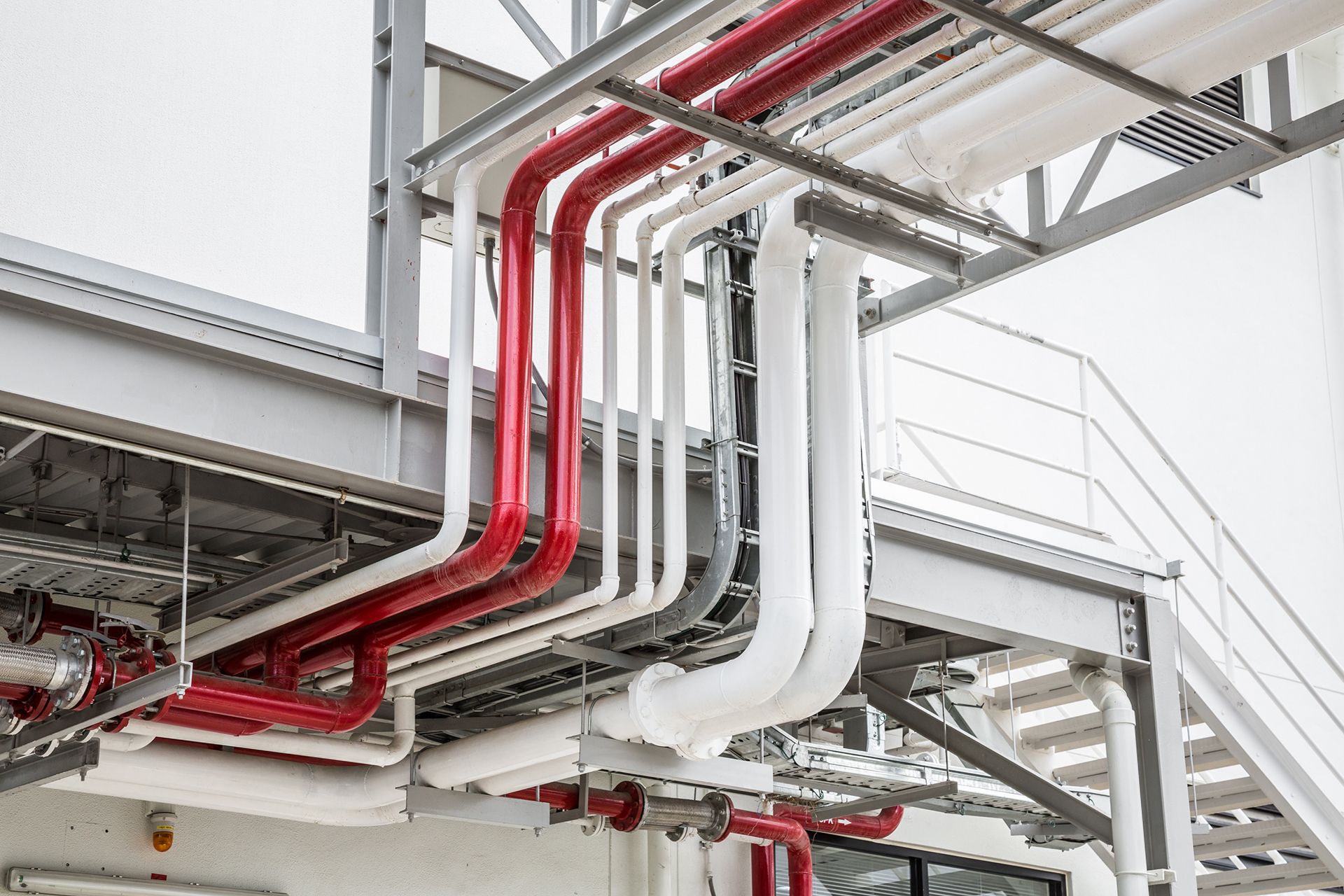
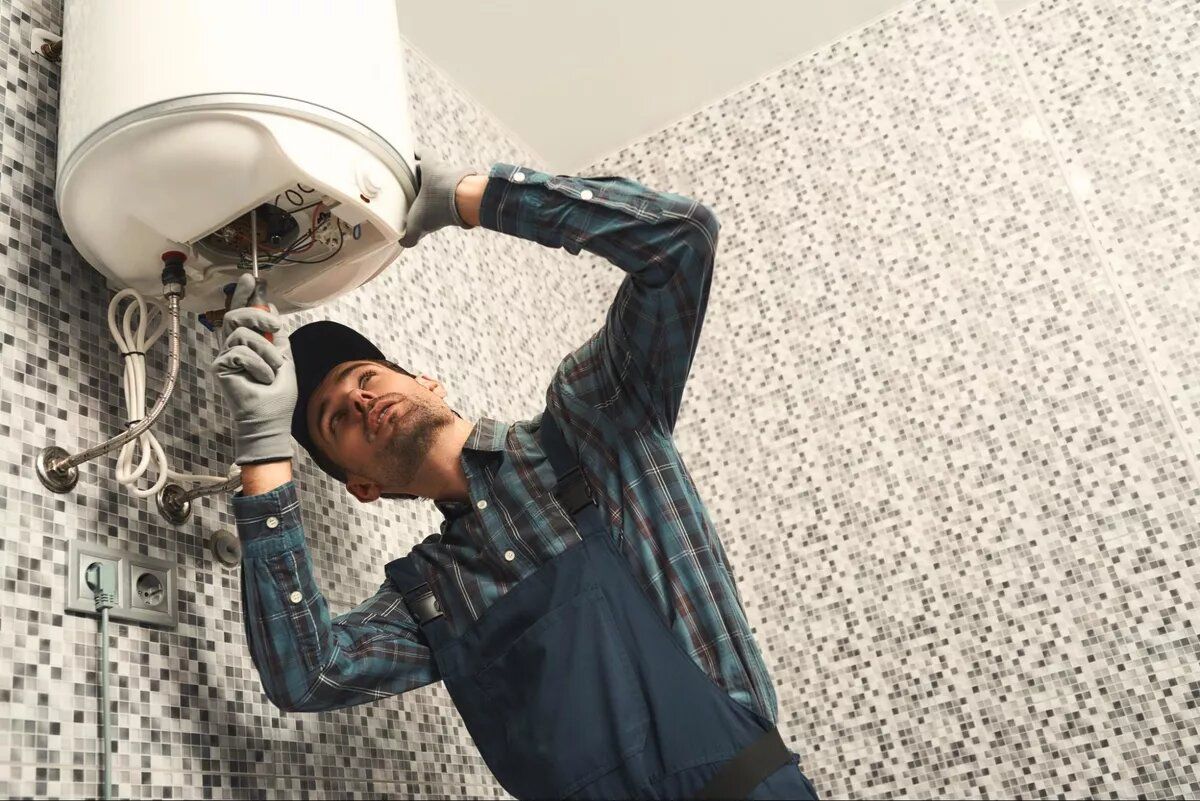
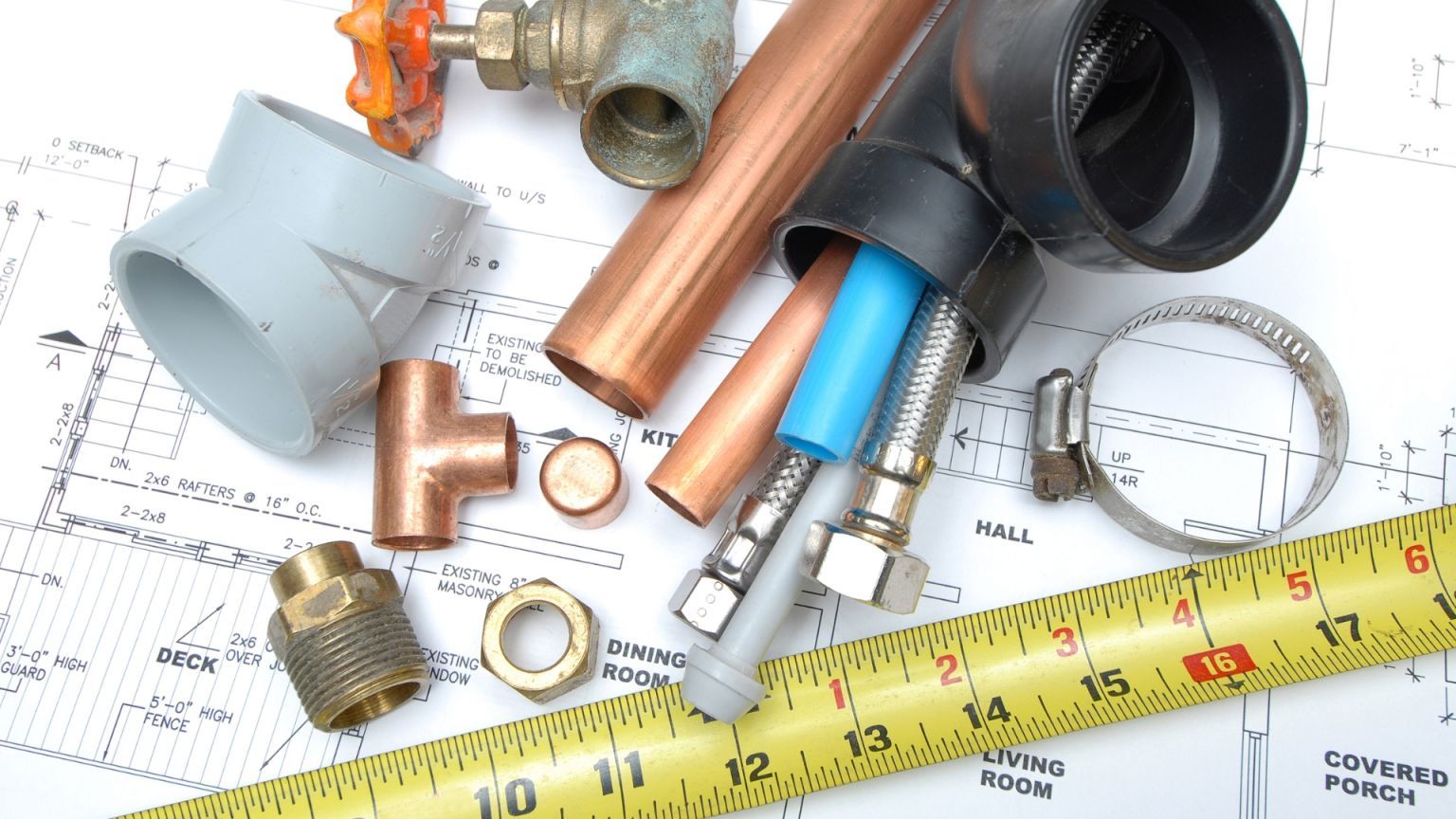
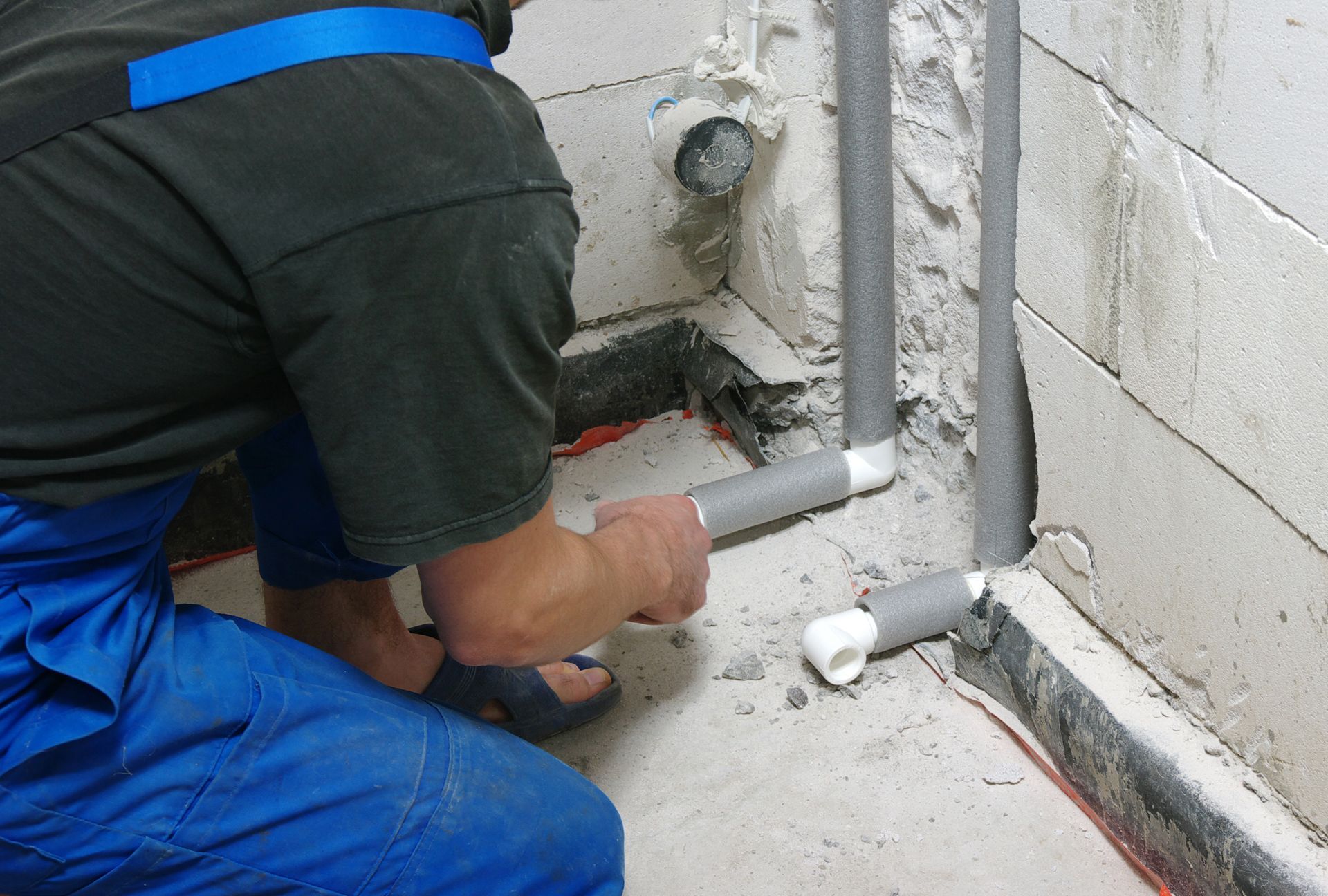
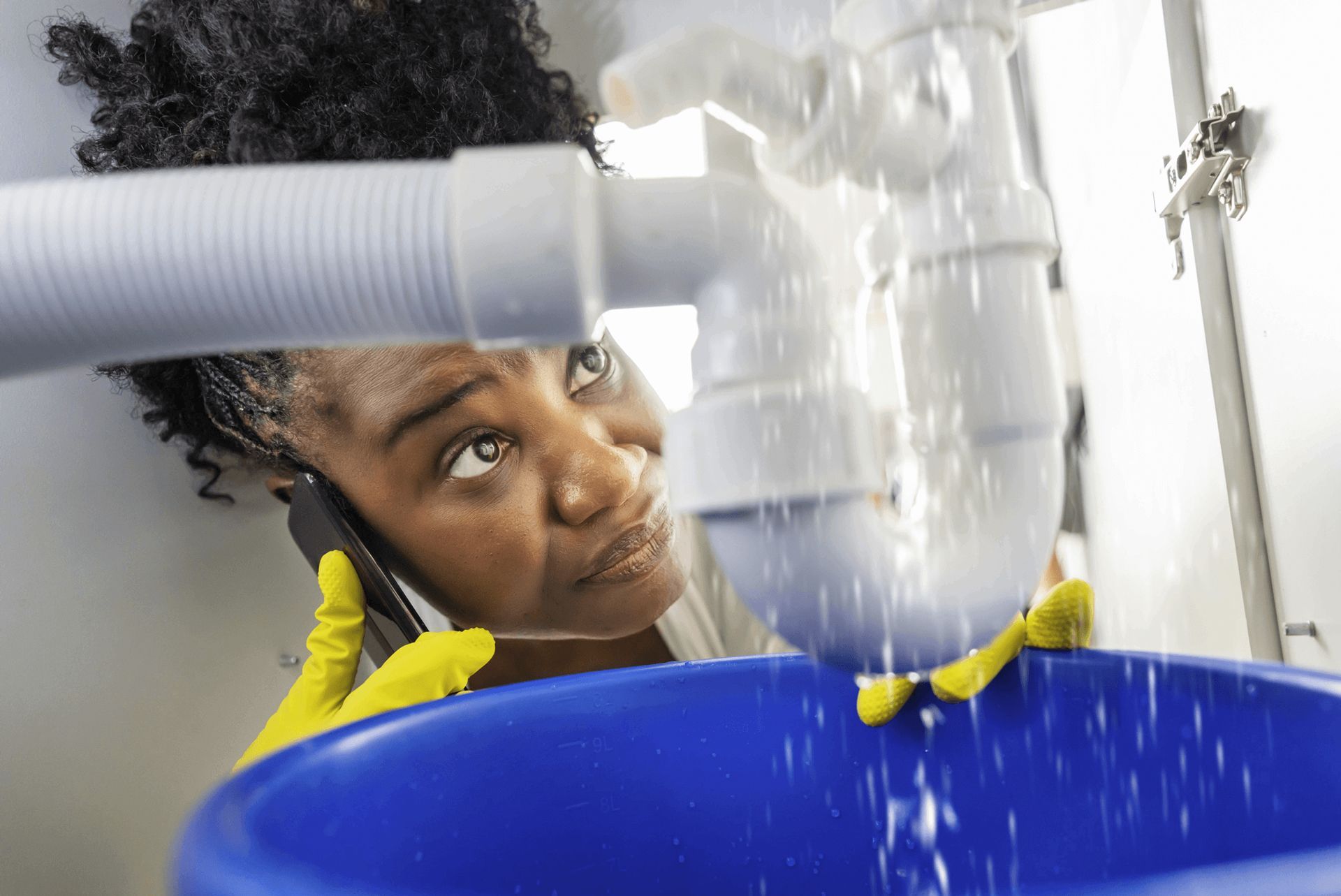
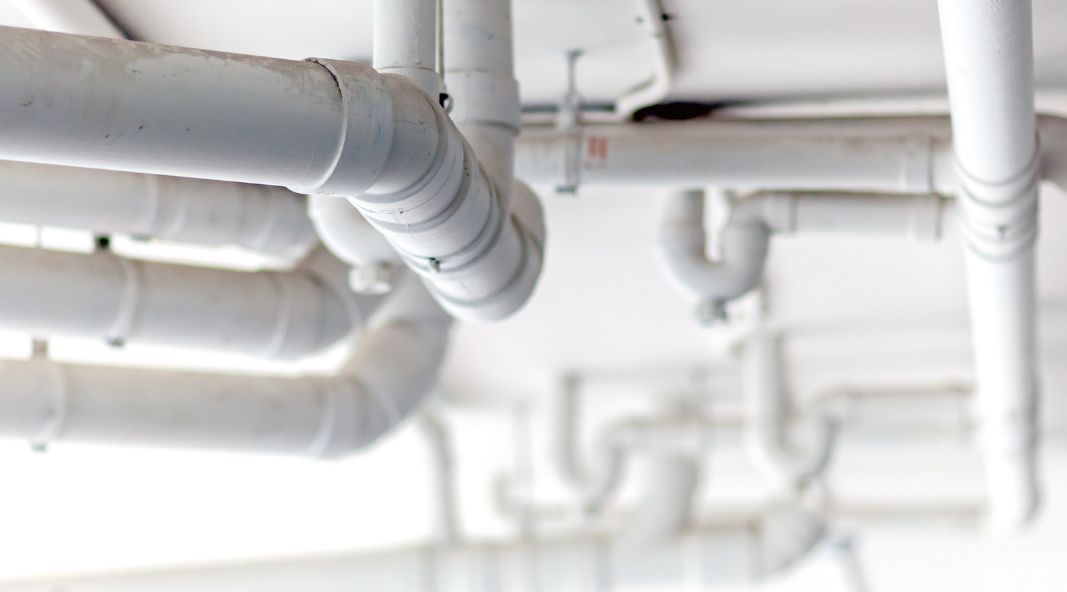

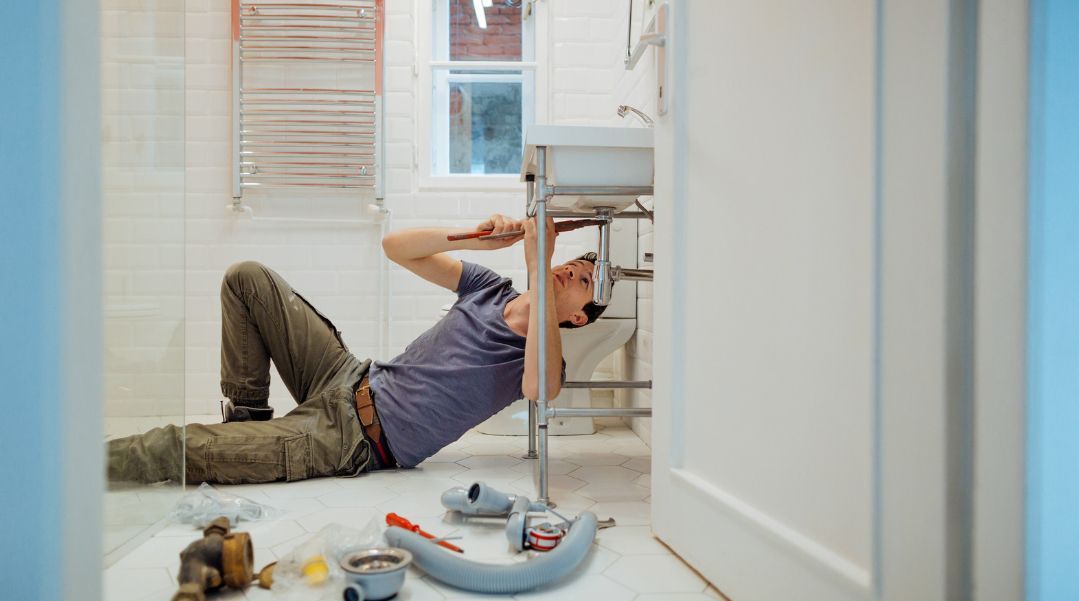
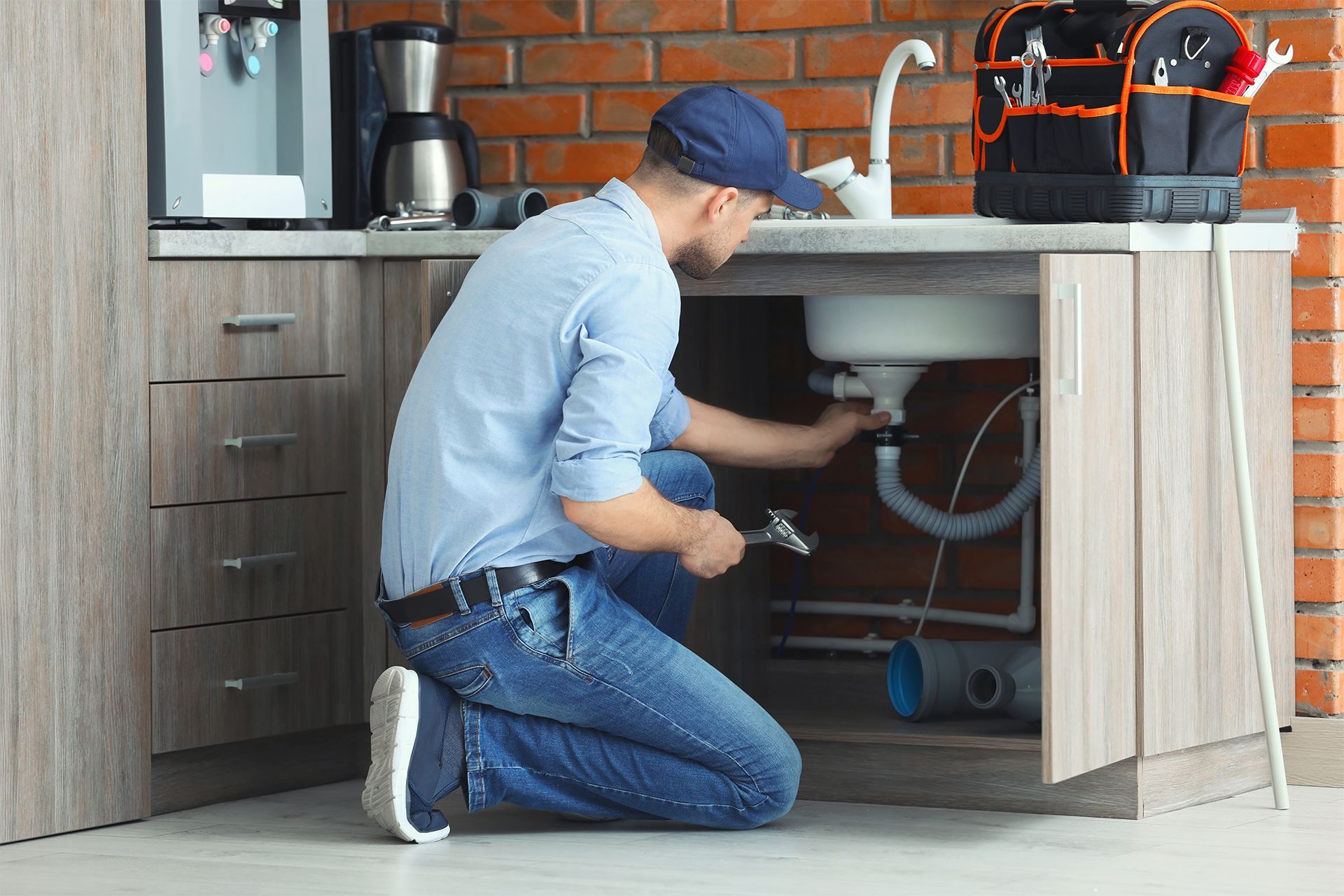


Quick Links
Our Services